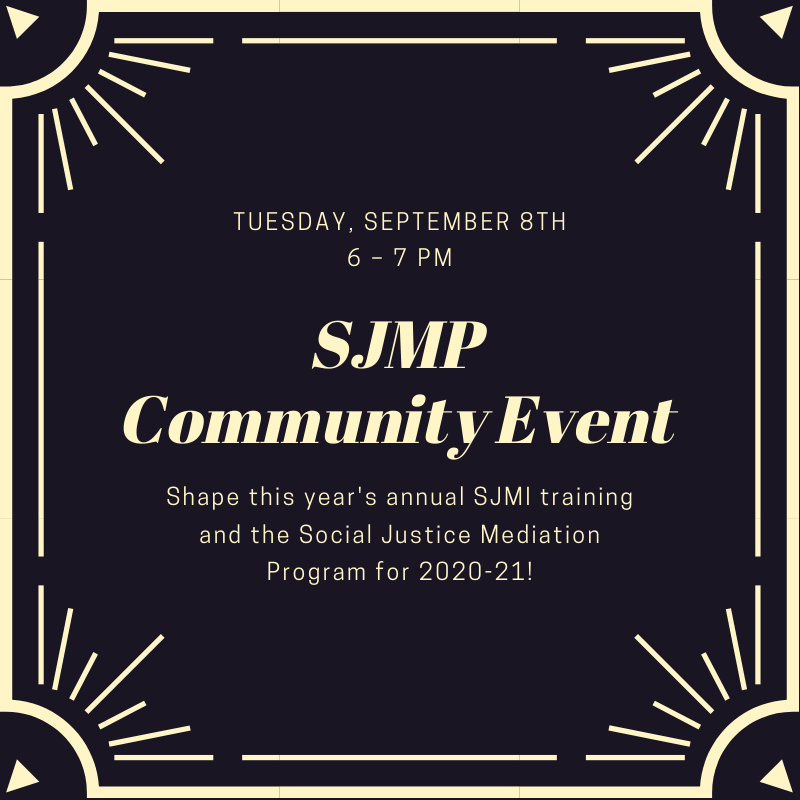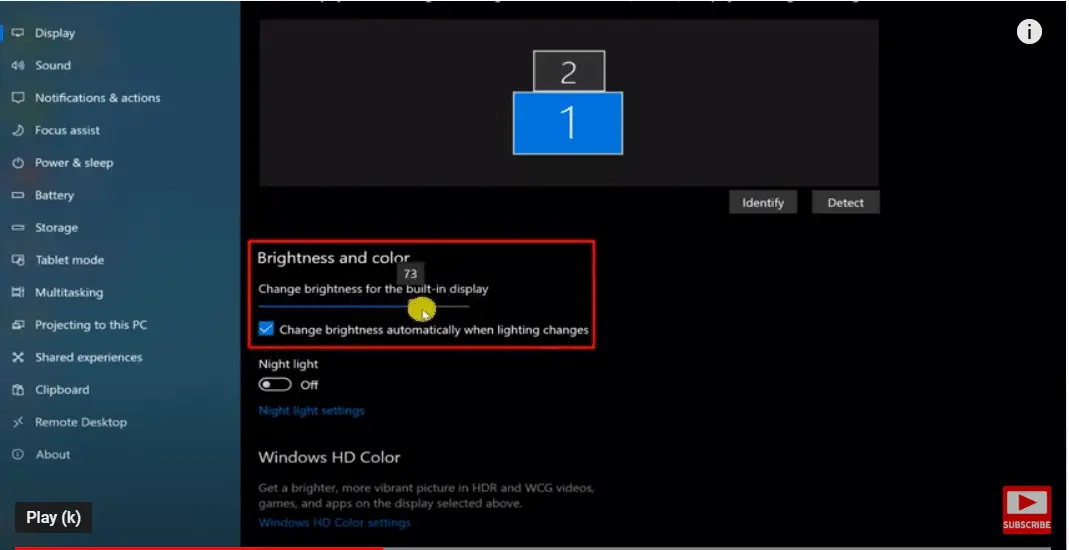


Complete the IEP form, adding specific information to all areas on the form.
#SC JUMMP PROGRAM FULL#
In order to receive full credit, all parts of the assignment must be completed.Part 1Locate a blank IEP form online to complete for a child in your care, or for fictional child with a special need. For this assignment, you will use information from an IEP to design an activity that is developmentally appropriate for a child with a special need. In this module you addressed the role of IEPs and the connection to designing curriculum for your class. Shelley, FrankensteinTheme: Evil Upbringings: Dickens, "Uriah Heep" Frankenstein's "Monster"Films: Harry Potter The ExorcistTheme: Evil Children: "Tom Riddle" in Harry Potter "Regan" in Exorcist Films: Terrence Malick, The Thin Red LineTheme: On a Universal Tendency in Nature to the Dissipation of Mechanical Energy (Lord Kelvin): ".an evil, avenging power in nature" (Malick) Novel/Article: Thomas Pynchon’s The Crying of Lot 49 Simon Critchley, "What Would David Bowie Do?" Theme: Thanatos- An "instinct for death" in "Lot 49" and an "instinct for death" (and resurrection) in David Bowie's death-death-bed vision of contemporary culture Film / Essay: Martin Scorsese, Silence (2016) Hannah Arendt, on the "Banality of Evil" Theme: Arendt's "Banality of Evil" in Silence Offer examples to support your response and you may use examples from memory if you wish - since you're not required to cite / quote precise text for this assignment.Films: Chaos (2005) Open Water (2003)Theme: Evil in the Arts: To What End? To the "End" of Evil? Or to the "End" of "the Good"? Theater-plays (Films): Othello, Macbeth, Richard III Theme: A Master Class in Shakespearean Evil & VillainyNovels: C. Here are the literature and themes.Which representation of evil did you PERSONALLY find either most evil or least evil from out the varieties of evil represented in film or literature that we have engaged this semester? Tell why. Reflect PERSONALLY on the ways in which the experience of evil in ART (i.e., in literature) might relate to the student's own personal experience (or lack of experience) with evil in LIFE. Unlike activity theory, disengagement theory focuses on so.

Our required text states that "continued activity in old age preserves self-concept and ensures higher levels of life satisfaction" (Markson & Stein, 2012). I feel it is important to keep up with the current times. The activity theory focuses on the individual person and feeling you in your older years. Based upon your informed opinion, which theory (or theories) provides the best theoretical framework for understanding the process of aging for the person that you interviewed? Be sure to support your answer.Īctivity theory reminds me of the saying 'You are as young as you feel'.

In your post, include a brief synopsis of what you learned with regard to that person's activities, illnesses, social support networks, and employment situation. Contact a person who would fall into one of the categories of old age (i.e., young old, middle old, or oldest old) and interview them about how their lives have changed since they reached the milestone of being an older adult. Discuss how the theory that you selected differs from the activity and disengagement theories of aging.ĭ. Compare and contrast one of the other theories mentioned in the chapter (i.e., modernization, exchange theory, subcultural theory of aging, etc.) to activity theory and disengagement theory.Ĭ. Discuss the differences between activity theory and disengagement theory.ī. After reading Chapter 3 in your textbook, address the following:Ī.


 0 kommentar(er)
0 kommentar(er)
